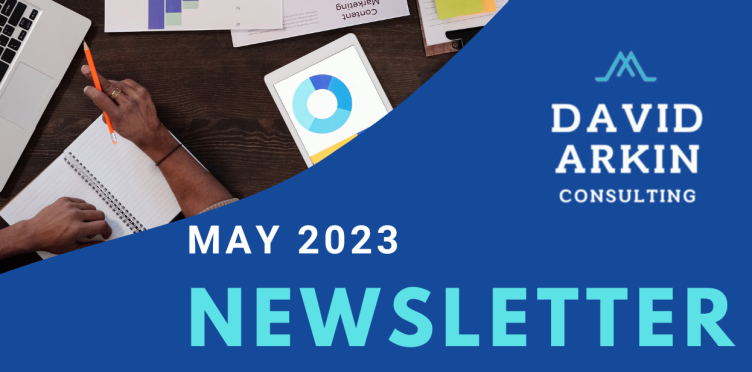
In early May, while speaking at the City Regional Magazine Association’s annual conference in Cleveland, there seemed to be one constant theme in most sessions I attended: AI.
I guess that is probably not breaking news for anyone who is paying attention to what is going on in the industry with AI.
But there was one theme in particular that popped out that I want to focus on today in this newsletter.
What people were talking about
While the impact of Google’s Gemini update was a big topic of discussion, the thing that kept coming up over and over again was the need for media companies to have an AI policy.
Like yesterday.
During a terrific keynote session from Paul Roetzer, founder and CEO of the Marketing AI Institute, he stressed that without a policy employees not only don’t know what your expectations are, they don’t really know what all of the new AI tools mean for them.
State your vision with AI
In an audience track I led which covered a variety of topics, including AI, I made the point that being clear about what your intentions are with AI — from the highest levels in the company — is important.
Being clear in how you envision the tools being used helps your employees feel more comfortable with using the tools. For example, taking the view that AI is here to be an assistant for them and an efficient way to do some of the parts of their job, so they can create more impactful journalism, is a good place to start.
The publishers who I work with that have done this have helped AI initiatives move faster through their organization.
Don’t boil the ocean, but hit these points
An AI policy doesn’t need to be pages and pages long, it simply needs to hit the most important areas.
I’d start with these points:
• The tools you will use (and process for testing new tools)
• The actions you want people to use the tools for (social, headlines)
• When and how you will label the content that was AI generated
• How you will use AI to create content or not and the impact on copyright
• How you will handle visual content and usage
• How you will approach editing through AI (will it be permitted?)
I’d also include the uses that you would encourage employees to use it for, like:
• Generate summaries for 3 takeaways from stories
• Generate questions for interviews
• Ask for better word choices
• Ask for a better lede
• Ask for background on a story or general topic
• Ask for publicly-available data for your reporting
• Generate story ideas and outlines for stories
• Suggestions for experts on a specific topic
• Sending emails to sources (election Q&A emails as an example)
• Emails for sales prospects
• PowerPoint presentations
Have employees test the stuff
During his keynote, Roetzer suggested a small AI council to experiment and help determine the kinds of uses for AI that make sense for your brand.
I love this idea and have done this exact approach with clients. It’s made the uses more real world and being able to have your employees talk about their experiences with the tools can really help the initiatives move forward.
We can help
We have created a handful of AI policies for media companies and would love to help you. Here is a guide we put together that may be helpful but we can help create one that is specific for your company. Just email me here: David@davidarkinconsulting.com
We'd love to help your organization! Fill out the form below to get started.
Recent Posts

Answers to 3 burning branded content questions

How and why to focus on getting initiatives and projects done for your media company

Boost Your Website’s Ranking: Four Tips for Effective Link Building

4 free photo services to know about and how to use them

How to create a great internship program
Case Studies

How a TV station in South Dakota significantly grew its traffic through Stacker’s news wire

How these changes helped this newspaper’s coverage of a limo trial skyrocket to the top of Google search result pages

4 things we’ve been up to this spring at David Arkin Consulting

